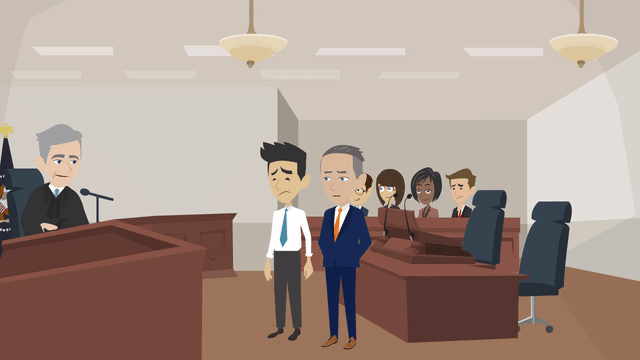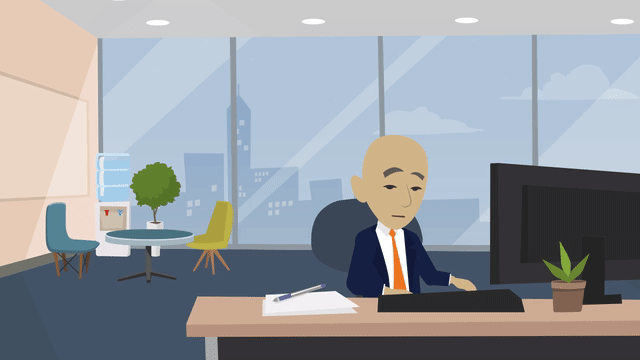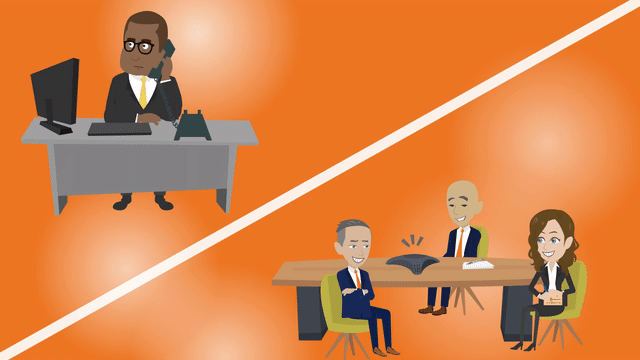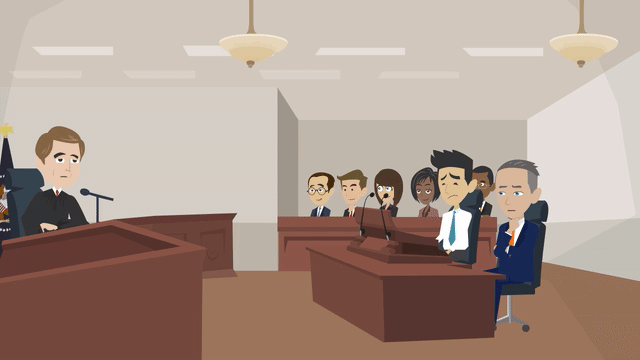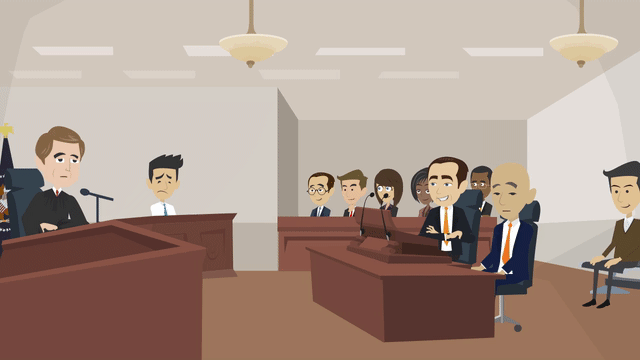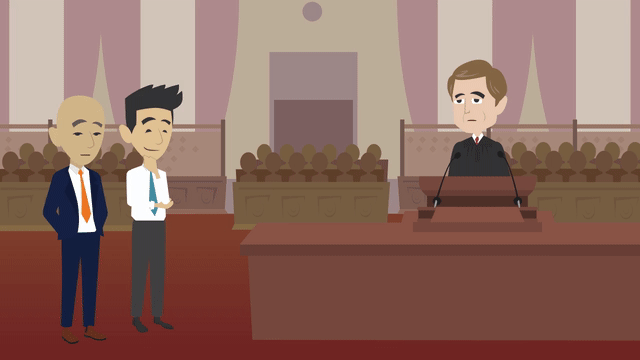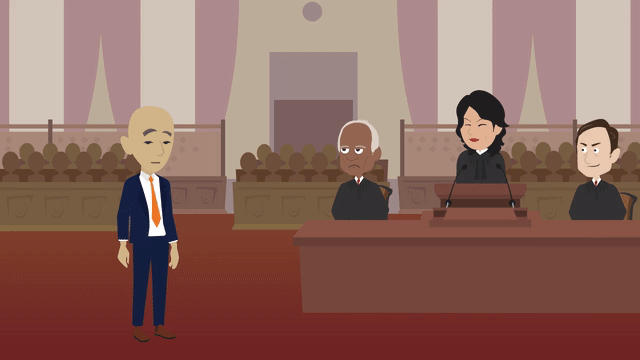Transporting Undocumented Immigrants|Lawyers & Attorneys
The federal government typically prosecutes the highest-level offenses. Drugs, child pornography, and fraud are all crimes both at the federal and state level, leaving usually only the most serious of these allegations proceeding in federal court. For immigration, however, it remains the exclusive power of the federal government to investigate and prosecute these crimes. When individuals cross the Canadian/United States border, short of perhaps a minor trespass, there is nothing that New York State would typically do.
The federal government criminalizes all sorts of activities involved with illegal immigration – the individual crossing the border; anyone who assists them in actually doing so; and the aid provided to them once they have entered improperly. Transporting or driving someone who entered illegally into the United States is very serious. You should consult with an attorney if you are alleged to be involved in any way with illegal entries, since the number or type of charges could vary.
Frequently Asked Questions About Transporting Illegal Aliens
Our criminal defense lawyers provide answers to some important questions below.
There could be many charges if you pick up someone who crossed the border illegally, however the main charge you would expect is an allegation that you violated 8 U.S.C. 1324, which criminalizes transporting or moving someone who crossed illegally.
First, the government would have to show that one or more people entered illegally. Second, that you either knew or recklessly disregarded the fact that they entered illegally. Third, that you transported them inside the U.S. (picked them up in a car). And fourth, that you acted willfully in a manner that furthered their illegal entry.
This is a fifth element that elevates, or makes the crime more serious, if it is alleged that you committed this offense for commercial advantage or private financial gain.
Potentially, yes. This crime is a felony. There are various aggravating factors that will play into your case. Beyond the monetary element mentioned above, any of the following can affect you:
- How many undocumented aliens is it alleged were in your vehicle?
- Did anyone suffer a physical or serious physical injury or was anyone’s life in jeopardy?
- Is it alleged that you did this before?
- How much money did you stand to receive or actually receive?
Any number of the above circumstances will affect your sentence if convicted.
In the event you are charged with the least serious circumstances, generally this is your first offense, no one got hurt, and it was only one or two illegal aliens, your case will likely have a five (5) year maximum sentence, or ten (10) if done for financial gain. Thankfully there is no mandatory minimum sentence, meaning the Judge does not HAVE to sentence you to prison.
If other circumstances exist, such as this is your second time doing this – even if never formally convicted of it – you may face a three (3) year mandatory minimum along with a ten (10) year maximum. That means that if you are convicted under these circumstances, even if the Judge believes you should receive no prison time, by law, they would be required to sentence you to at least three (3) years.
Alternatively, if the most severe aggravating factors exist, your mandatory minimum could increase to five (5) years, and your maximum penalty up to fifteen (15) years.
If at the very end of the day, you are going to be sentenced for such a case, then no, the Judge is required to sentence you to at least the minimum. However, there are ways to potentially avoid a mandatory minimum sentence prior. This is why getting a good defense attorney as soon as possible after you are arrested is critical. There are ways to potentially avoid such sentences at the start of the case and become more difficult as the case progresses.
Do not waive any of your rights. Law enforcement, border patrol, or others may try to speak with you, try to gain confessions to key facts or elements, and most importantly may try to get consent to search you or your property – most importantly your cell phone.
Invoke your right to remain silent and your right to have an attorney. Ultimately, giving a voluntary statement to law enforcement may actually help or assist your case. But that is never the case unless an attorney is with you, having gone over your case with you, and having spoken to the government to ensure you are protected in doing so. By speaking early on, you can make your case harder to defend and potentially increase your penalties.
This is one of the most common issues these cases present. You can be convicted for this crime if you “knew or recklessly disregarded the fact” that the people you picked up were here illegally. So even if you truly did not know, if there are facts and circumstances that make a reasonable person (like a juror) believe you ‘recklessly disregarded’ the fact they were likely here illegally, you CAN be convicted. The following types of facts are SOME of the many circumstances that could be relevant to a finding:
- How close to the border did you pick them up?
- How did they approach your car? From the woods? From down a random street?
- Did they speak English?
- How was it planned for you to pick them up? With them directly or with a third party?
- Do you drive for a living? Were you offered a large amount of money, including more than you normally would for driving someone?
- Did the circumstance get set up through normal channels, texts, and calls, or were applications like What’s App used to mask or hide the communications?
- Have you, or someone close to you, immigrated to the United States and therefore have some knowledge as to the legal and proper way to enter?
- Have you, or someone close to you, crossed into the country illegally, and therefore have some knowledge as to the illegal ways people enter?
Any number of these factors, and many more, could affect whether you could be found to have ‘recklessly disregarded’ the fact the individuals had crossed the border illegally. But it is important to reiterate, even if you truly did not know they had crossed improperly, you could still be guilty of this serious offense.
Contact friends or family that can help you get an experienced attorney right away. Things will move very quickly. You will have a detention hearing scheduled soon after your arrest to determine if you are a flight risk or are a danger to the community. This is important as the government may seek to have you incarcerated while your case is pending. From there, there are many critical decisions you will need to make, which you can only do with the advice of counsel. Often, these decisions are non-reversible, meaning once the decision is made, you cannot go back. So therefore, knowing everything possible to make the best decision for your own circumstance is critical.
Timeline of a Criminal Defense Case
- Whether you just made a big mistake, or are being falsely accused, this can be a very emotional and important time in a case
- It is very important that you remain silent and not answer any questions about the case without a lawyer present
- Contact a criminal defense attorney as soon as possible
- Confirm the lawyer is an experienced criminal defense lawyer
- Meet with the lawyer who will help you understand the process of a criminal case
- If you have been arrested, critical proceedings and time frames begin immediately
- You will appear before a judge who will determine if you will be incarcerated, released on bail or supervision, or released without conditions
- If you are charged with a felony in a town, village or city court, the prosecuting agency will have six months from the date of your arrest to determine whether to present your case to a grand jury to seek an indictment or return your case to a lower court to be handled as a misdemeanor
- Discovery is the exchange of information between the governmental agency prosecuting you, you, and your attorney
- In New York State this process begins shortly after your appearance in court
- You can expect exchange of the following if it exists in your case:
- Police Reports
- Investigative Notes
- Videos / Body Camera Footage / Dash Camera Footage
- Forensic Reports
- Photographs
- Exculpatory Material (Brady)
- Impeachment Material
- You and your attorney may also be engaged in information gathering that includes:
- Freedom of Information Law (FOIL) Requests/Responses
- Additional Witness Interviews
- Expert Evaluations / Disclosures
- Motions are written applications to the court to request any of the following:
- Preclude Evidence
- Suppress Evidence
- Seek a Ruling on a Constitutional Rights Violation
- Seek Outright Dismissal of One or More Charges Based on Legal/Factual Matters
- Request Hearings
- A plea bargain is an offer from the prosecuting attorney to resolve your case
- Whether to plead guilty or not is always a choice you get to make, not your attorney
- Your attorney will meet with you, discuss the facts and the law of your case, and offer advice. A plea offer takes into consideration your charges as well as:
- Prior criminal history if any
- Life experiences
- Evidentiary Problems
- Post-Incident Actions
- Mental Health Counseling
- Substance Abuse Treatment
- Anger Management Treatment
- If you choose not to accept a plea bargain and are heading to trial, there are likely to be hearings to consider the following:
- Preclusion/Suppression of Evidence
- Admissibility of Evidence
- What Prior Criminal History/Bad Acts May Be Introduced by the Prosecutor if You Testify on Your Own Behalf
- During a hearing, there is no jury, and the judge will make factual and legal determinations regarding what evidence will be allowed at trial.
- You have the right to a trial by a fair and impartial jury or by the judge who will act as both judge and jury
- At a trial, the prosecution has the burden to prove your guilt beyond a reasonable doubt
- The judge or jury will listen to the evidence presented and the arguments by the lawyers, apply the facts to the law, and render a verdict of not guilty or guilty
- A Verdict must be unanimous
- If you are convicted at trial, or if you entered a plea bargain, there will be a sentencing date where your punishment will be imposed by the judge
- If you previously entered a plea bargain, the judge will likely impose the agreed upon sentence at that time
- In the event you are convicted, you have the right to appeal
- This is true whether you plead guilty or are convicted after trial
- However, by accepting a plea bargain, you may have waived some of your appellate rights
- It is important that your attorney file a notice of appeal on your behalf and that you discuss the appeal process with your lawyer
LaMarche Safranko Law Testimonials
“I can honestly say that the best decision I’ve ever made was retaining George LaMarche as my attorney. I was in a situation where everything wasat risk; my career, livelihood, and the ability to provide for my family. In desperation, I contacted over a dozen attorneys. The majority of the lawyers I spoke with promised results without seeing paperwork or knowing valuable facts….
“I cannot thank George E. LaMarche lll and his team for the excellent legal work they provided for my son, and in extension, our entire family. His experience, knowledge of the law, networking ability and communication is second to none. In our case, our son was wrongly accused by a small town police officer and charged with 5 tickets…
“Dear Mr. Safranko,
Thank You so much for answering my question, and so expediently!
The dedication, respect, and consideration with which you treat your clients, current and past, is remarkable. It is why I reached out to you when searching in my time of need, and why I would highly recommend…
“Dear George, Andy and Staff,
Thank you all for your kindness and all your help in getting back to my wellbeing and life. I could not have done it without you all. Everything is going so well again. I recommend you highly. Thanks Again!”
“The arrest of my husband in 2008 was an extremely difficult and emotional time for our family. The arrest turned our lives upside down. It was sudden and unexpected and had tragic emotional as well as financial consequences. I had no idea what to do under the circumstances….
“Dear Andy,
Thank you so much for everything you have done for our son over the last three years. This has been a very challenging time for our family and the knowledge that our son has an attorney as capable and amazing as you are has given us peace of mind!
“I wanted to express my deepest appreciation to Mr. Andrew Safranko for the exceptional job he did in regards to my legal representation. Mr. Safranko displayed the utmost in professionalism and discretion during the entire court process, and took the time to explain each and every step….
“Dear Andrew and George,
I cannot thank you enough for your hard work, diligence, and selfless manner that you put towards my legal difficulties in Colonie. From the first moment I met you, you helped reassure me that things were going to turn out in a more favorable manner than I originally thought. Clearly, the final result of my court case displays the quality of time and work that you put into this….
“My family and I cannot thank George and his staff enough for all of the support and guidance they have given us over the past six months. Anyone who has ever suffered a personal injury knows how difficult they are to overcome, but I’m glad we had such an intelligent and hardworking attorney on our side so I could focus on my recovery rather than on the details of the case….
“I am an attorney who found himself in the middle of a serious, personal legal matter that compromised not only my personal life but my professional life as well. I immediately contacted Andrew (Andy) Safranko, Esq. Andy worked tirelessly and extremely hard to bring my legal situation to a very favorable resolution. In so doing, Andy not only saved certain aspects of my personal and professional life…
“The staff at LaMarche Safranko Law took care of whatever I needed, it was just fabulous. It was top shelf, if I called, I got George. If he was in a meeting, they left him a message. He called me right back after the meeting. Everybody was very courteous and very nice there. If I left a voicemail, everybody got back to me quickly. The level of service was very, very good and I would Highly recommend them.”
“I wanted to take this opportunity to thank you for your excellent representation on my recent matter. I have worked with lawyers, and in law firms much of my professional life, but I have never encountered the rare mix of skill, integrity and humanity in one individual—you….
“Throughout the attorney client relationship regarding my personal injury lawsuit, George and his staff continually exhibited tremendous amounts of legal knowledge, skill, and a vast amount of expert resources that ultimately resulted in a final judgment in my favor. George was there every step of the way to explain where we stood and what to expect next and there was never a need to question his professional judgment…
“No one likes to be in a bad situation, but if you need a lawyer George is your man. Not only does he point you in the right direction he offers good advice for your future. As much as we bring him business he does not encourage that next time anticipation….




